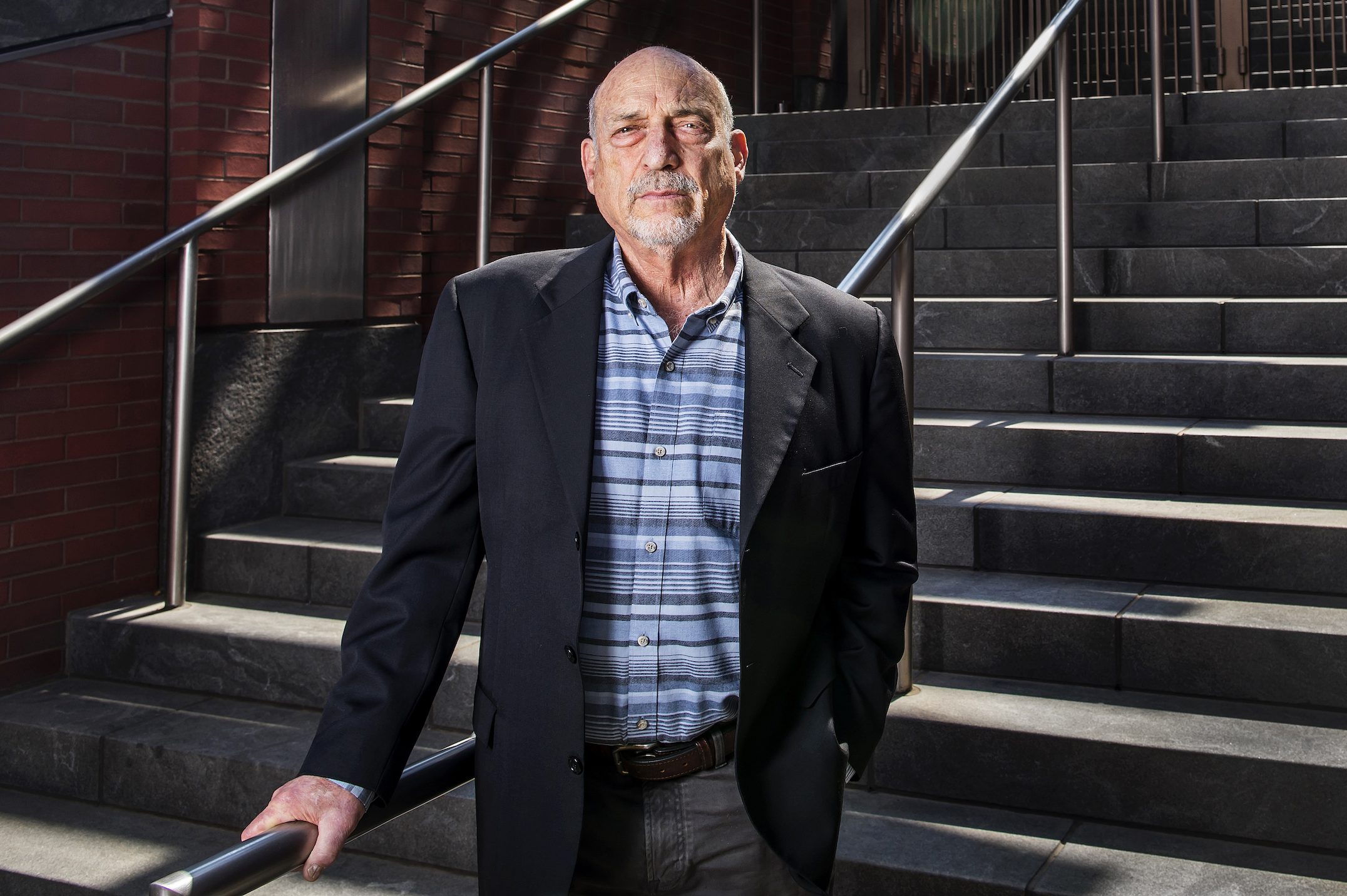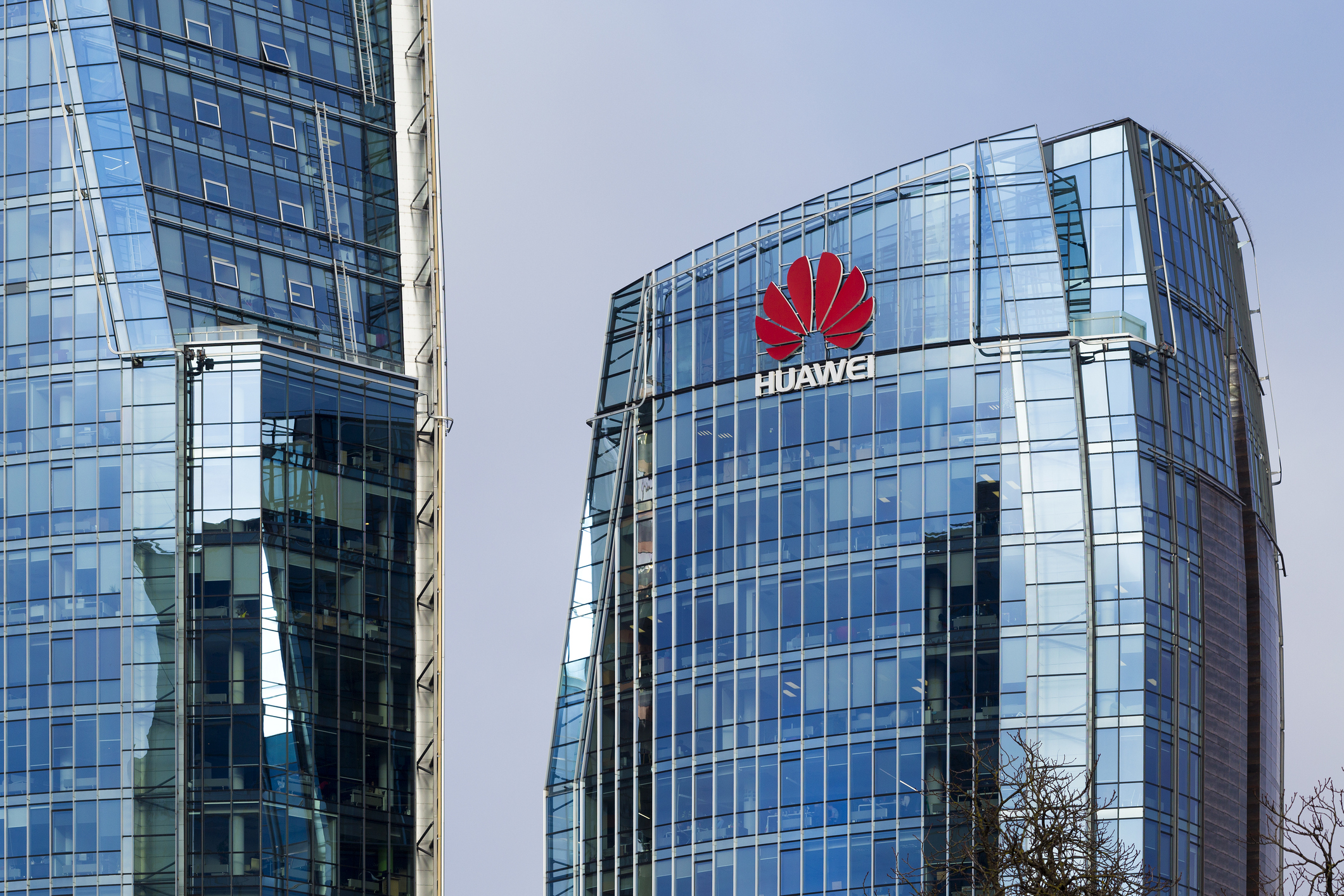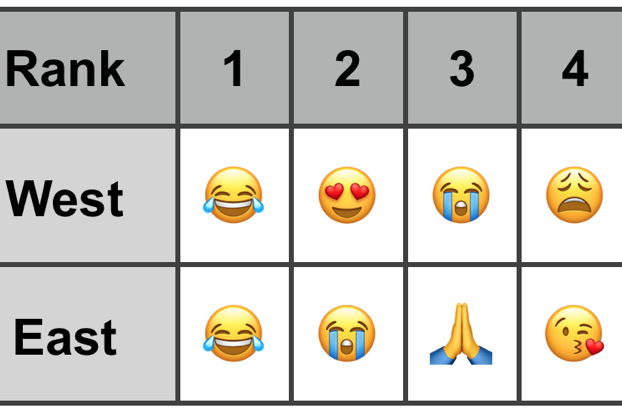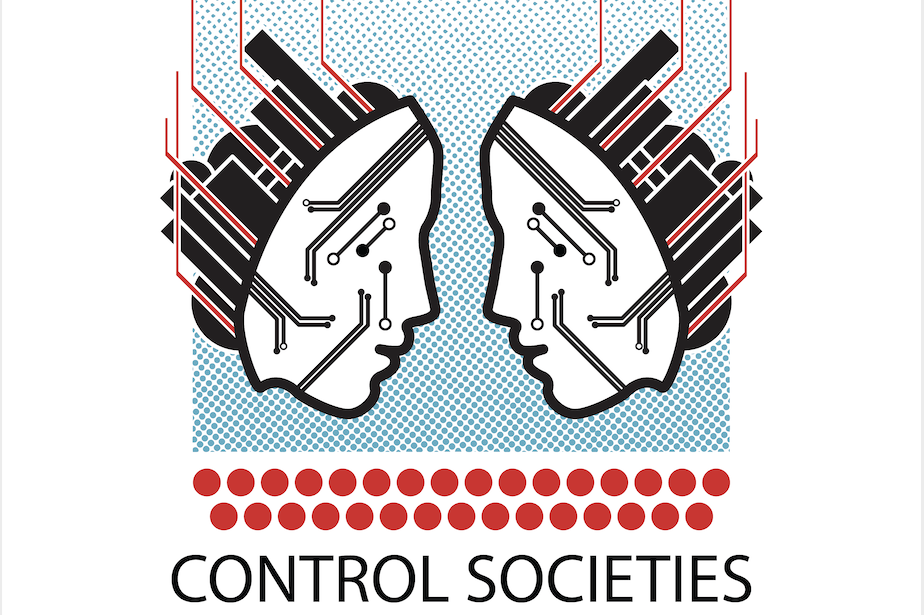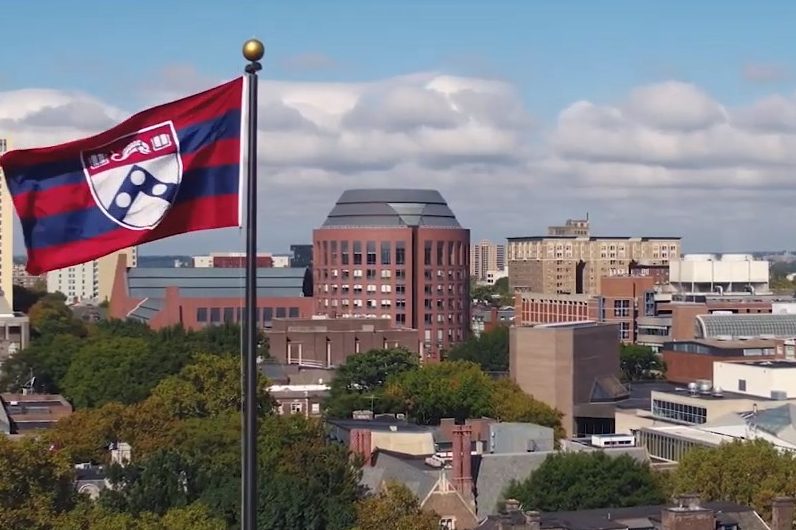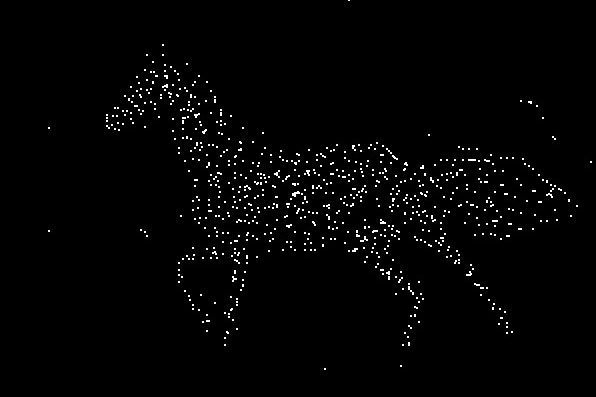
Penn Students Crowdsource Art for Class Project
A group of students in Chris Callison-Burch’s NETS 213 class asked the masses to collectively create artwork depicting a galloping horse. Crowdsourcing is increasingly used to gather and process data for serious research efforts, but creative projects like this one help students understand how people will respond to such tasks.
